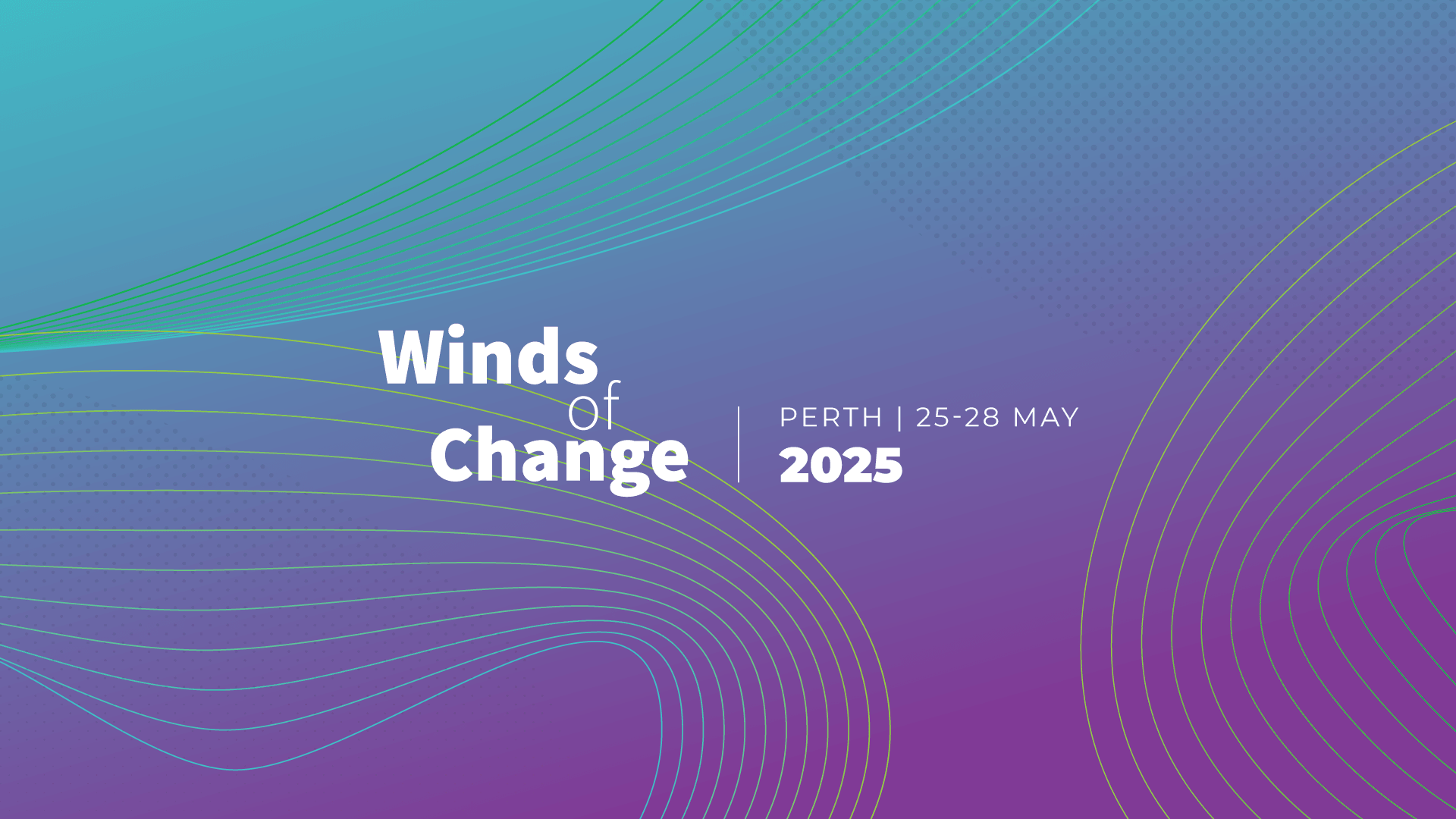
Bridging Information-Seeking and Learning: A Scenario of Organised Spontaneity
May 26 2025, 10:30 - 10:45 (AWST)

For a student library user, the journey of information-seeking typically begins with a catalogue search. However, this search can often lead to disappointment when high expectations clash with a lack of information skills. Interestingly, these disappointments present an opportunity for spontaneous user education. To capitalise on moments of learner motivation—which can be fleeting—it is essential to ensure that pathways for user education are visible and easily accessible at the point of information-seeking.
This research selects EBSCO Discovery Services and Springshare LibGuides as two major platforms, with other platforms playing supplementary roles. A small portion of the following elements has been implemented; others are planned for the near future:
Firstly, the switch to the new EDS interface brings a personalised dashboard positioned at the top of the left sidebar. This is followed by a suite of research tools, including the popular EBSCO concept map, with additional blank spaces provided for more customised links. We leverage this layout to consolidate a range of resources, including both our library collections and primary materials. Among these resource links will be a designated connection to the purposefully redesigned LibGuides landing page, which will host guides and tutorials on topics of interest.
Conveniently, library users play a crucial role in retrieving the most relevant LibGuides, thanks to embedded promotion mechanisms. When a search is conducted within EDS Discovery, relevant LibGuides appear as search results in both “Related Resources” (enabled in EDS as a built-in feature) and “Featured Results” through our keyword-indexed, custom-made placards.
Once directed to the customised LibGuides landing page, users will encounter online tutorials with enhanced interactivity prominently featured on the gallery display. Digital tools to be utilised include Canva, Adobe Character Animator, Articulate, MyEdit, Mentimeter, Miro, and others. Usage data will be collected through both the EBSCO admin and the LibGuides platform, allowing for the analysis of resource engagement and user interactions.
In summary, this research examines a set of interconnected digital mechanisms within the discovery layer and learning resources to foster organised spontaneity for student library users. A shift towards personalised and exploratory interactivity is essential, complementing content-driven instructions.
THETA acknowledges the Traditional Owners of the lands where we live, learn and work. We pay our respects to Elders past and present and celebrate the stories, culture and traditions of all First Nations people.
